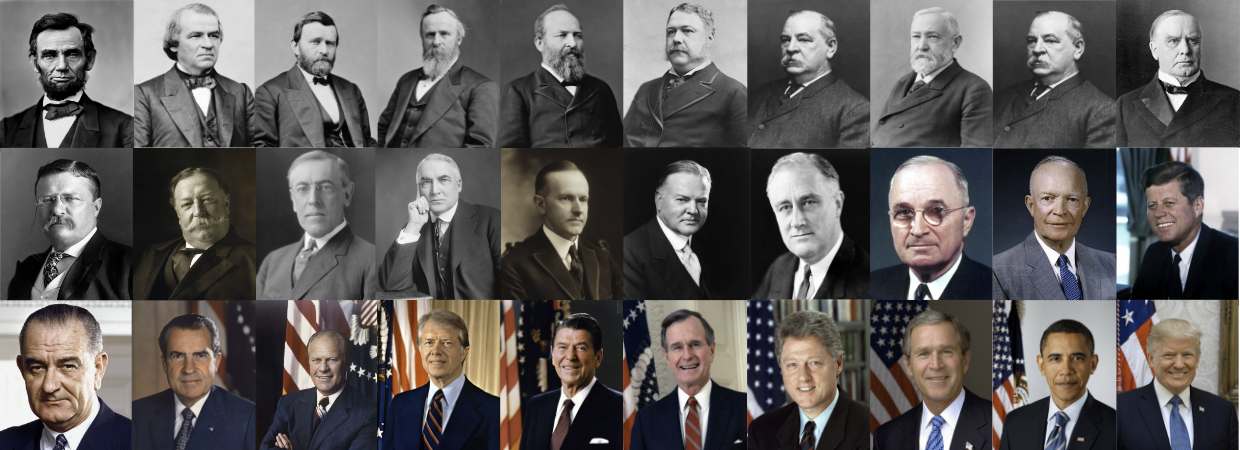
Season Two: Presidential Crises
Welcome to The Past, The Promise, The Presidency, Season Two: Presidential Crises. This season, we are exploring the presidential crises that you already know and those that are rarely talked about, from the Utah War to the government shutdowns of the 1990s. In the process, we will try to figure out:
What makes a presidential crisis?
What is the president’s role in solving the crisis?
What happens when the president makes the crisis worse?
How have presidential crises changed in the last 250 years?
We explore all this and more in The Past, The Promise, The Presidency: Season Two, Presidential Crises.
Episode 36: Season II, Episode VII: The Berlin Wall & The Soviet Fall
This week's crisis could have ended with the world in a giant blaze of nuclear flame, but it didn't. In fact, it's an example of how a crisis can be handled so effectively, that most people don't even remember it as a crisis. This week, we are talking about the fall of the Berlin Wall and the end of the Cold War.
It's November, 1989. Reagan famously delivered his "tear down this wall" speech in 1987, but West and East Berlin are as divided as ever. In the summer of 1989, Chinese military forces had mowed down peaceful protesters in Tiananmen Square. Horrified by the images of violence, American leaders, and George H.W. Bush in particular, were eager to avoid provoking a similar crackdown in Eastern Europe.
The stakes couldn't have been higher. Both sides were armed with enough nuclear weapons to destroy the world many times over, and they had itchy trigger fingers.
Then, unexpectedly, at a press conference, a mid-level bureaucrat ordered an enormous change in policy. He accidentally announced that residents would be allowed to leave East Germany. Word spread like wildfire. Within hours, thousands of residents were lined up at the gates to cross into West Berlin.
Why didn't this moment turn into one of violence and bloodshed? What were the repercussions of the collapse of a global superpower and its economic system? How might things have gone differently?
To answer these questions, we have two dynamite guests. First, we have a voice that you will probably recognize. Our podcast host, Jeffrey Engel. We then spoke to Dr. Mary Sarotte, who is the Kravis Professor of Historical Studies at Johns Hopkins University and a member of the Council on Foreign Relations.

